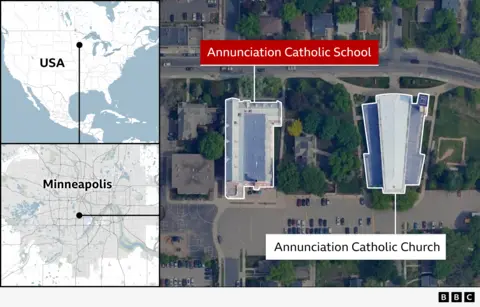Prevost is a member of the Order of St. Augustine and shares similar values with his predecessor, Pope Francis, particularly in terms of advocating for the marginalized. He emphasizes the importance of bishops to engage with the community rather than remain isolated. Having completed his ordination in 1982 and earning advanced degrees in canon law, Prevost brings a wealth of international experience to his new role. Fluent in Spanish and Italian, he has interacted with diverse religious orders globally.
While his leadership style may differ from the more approachable demeanor of Pope Francis, there is an expectation that he will maintain the consultative processes involving laypeople that were established during Francis's papacy. However, dwindling openness toward LGBTQ+ Catholics remains a concern as past statements indicate his disapproval of what he terms "alternative families." He has also faced criticism regarding his handling of sexual abuse allegations against priests.
As Pope Leo XIV, Prevost steps into this influential position with a blend of traditional values and a commitment to global concerns, awaiting the church's direction under his leadership.
While his leadership style may differ from the more approachable demeanor of Pope Francis, there is an expectation that he will maintain the consultative processes involving laypeople that were established during Francis's papacy. However, dwindling openness toward LGBTQ+ Catholics remains a concern as past statements indicate his disapproval of what he terms "alternative families." He has also faced criticism regarding his handling of sexual abuse allegations against priests.
As Pope Leo XIV, Prevost steps into this influential position with a blend of traditional values and a commitment to global concerns, awaiting the church's direction under his leadership.


















